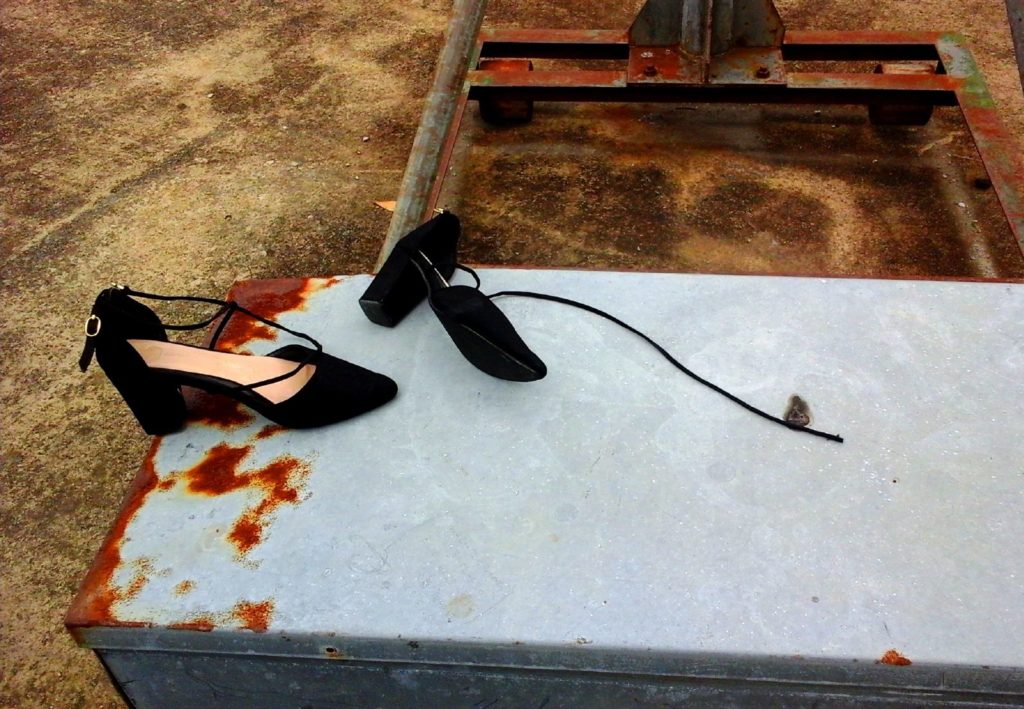Rome Burning — Pass the Weenies
Yesterday, I visited National Review, the preeminent source of “conservative” opinion — by which I merely mean the source least likely to be mistaken for a profiteering clown show — for my roughly tri-weekly scan of the homepage teasers. (I almost never read anything there, of course, apart from the occasional Armond White film review. I have a life.) This time, one teaser got me.
It was a blurb for a book review by one Kyle Smith, listed as “a fellow at the National Review Institute and National Review’s critic-at-large,” telling me that the autobiography of actor Rob Lowe is the greatest Hollywood autobiography ever written. I found my tired self suddenly attracted to this article, much as one might be attracted by someone waving around a photo claiming it proves his mother is a Martian. “Okay, okay, let’s see what you’re joking about.”
He was not joking. He was declaring, not only on his own authority but with the added weight of fellow NR writer John Podhoretz (who he claims has read every celebrity autobiography ever written) that Lowe’s collection of stories about his encounters with fellow actors over the years, his bouts with harmful self-indulgence, and his renewal as a responsible family man, really is the best book of its kind ever written. Or rather spoken, since Smith was reviewing the audiobook version, as read by the moderately popular actor himself.
I read through this entire hagiographic review, at first waiting for the punchline, and then, as I recognized there was not going to be one, simply gripped by the dark fascination of one watching as the last remaining huts in a village just torched by an enemy tribe slowly burn to the ground.
America has died. The principles and hopes that inspired the founding of National Review itself, and the political movement of which the magazine’s erudite father was one of the leading voices, lie in ashes, burned down by corporate corruption, socialist subversion, and a population spiritually denuded by generations of public school and popular entertainment degradation. And here, at this most important moment for taking stock, reorienting life priorities, and rousing oneself from the propaganda-induced dream state that lulled a once-great republic to its barely conscious suicide, there is Kyle Smith, fellow at the National Review Institute, hyperventilating like a hormonal fourteen-year-old girl over a book of celebrity gossip, narrated by the hero himself.
For this is what a dying republic, in the process of being reduced to a Marxist totalitarian slave state, most desperately needs: idol worship over TV stars, enraptured diversion with gossip about semi-famous people of no importance, and grown men writing for political magazines gushing over the dashing vacuities they admired when they were teenagers.
Full disclosure: A few years ago, during a twelve-hour flight, looking for some relatively inoffensive entertainment to help me fall asleep, I watched a couple of episodes of a sitcom, the name and premise of which I cannot remember, which featured the recent incarnation of Rob Lowe. He was funny in those episodes, indeed the only part of the show I can recall, although I could not quote a single line of dialogue. I just remember that I smiled at some of it, the way we do when we are trying to like something well enough to pass the time during a groggy twelve-hour flight. That aside by way of proving that I am no inveterate Rob Lowe hater, nor a person utterly averse to spending twenty minutes on something stupid once in a while in the process of trying to doze off.
But what I most certainly am averse to is the late-modern self-demeaning obsession with celebrity as such — not fame (great artists, heroes, etc.), but celebrity — as well as the perennial moral vice of titillation through gossip. What a middling actor said while waiting in line for his hotdog at a sporting event is of no consequence to me whatsoever, even if he said it to another middling actor, and I both belittle myself and degrade humanity at large by caring about such things. Life is short, civilization is in ruins, friendship is rare and precious, the mysteries of being are beautifully impenetrable, the soul’s brief earthly journey may determine at least the next stage of our eternal trajectory — and William F. Buckley’s magazine is slobbering over a TV actor who has massaged his vanity and serviced his fanbase by reducing his life to “one spectacular anecdote after another,” i.e., easy gratification for the stardom-obsessed.
I would say it is time for what we casually call American conservatism to grow up at last, but I think we are all well past the point of imagining such a transformation could ever happen, or even that it would matter anymore if it could.



